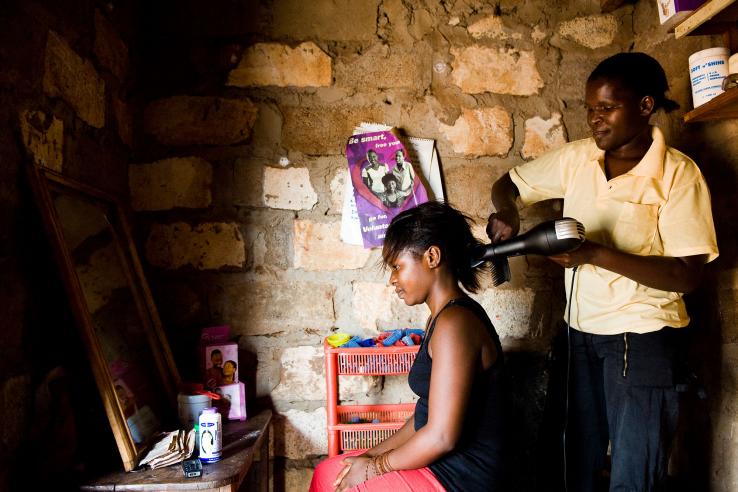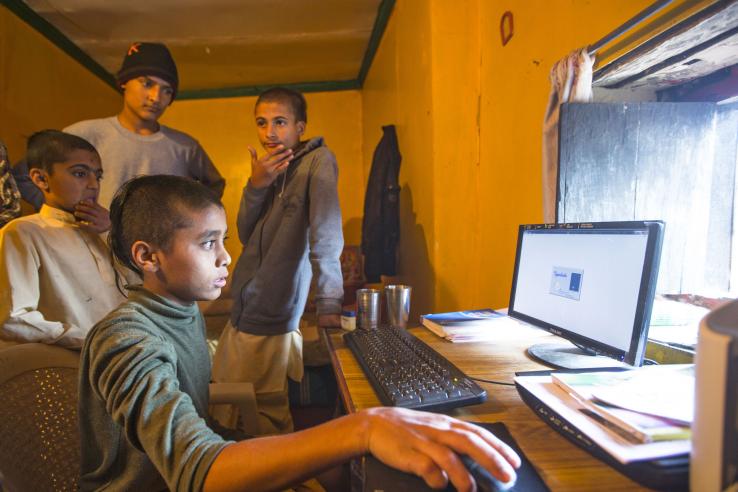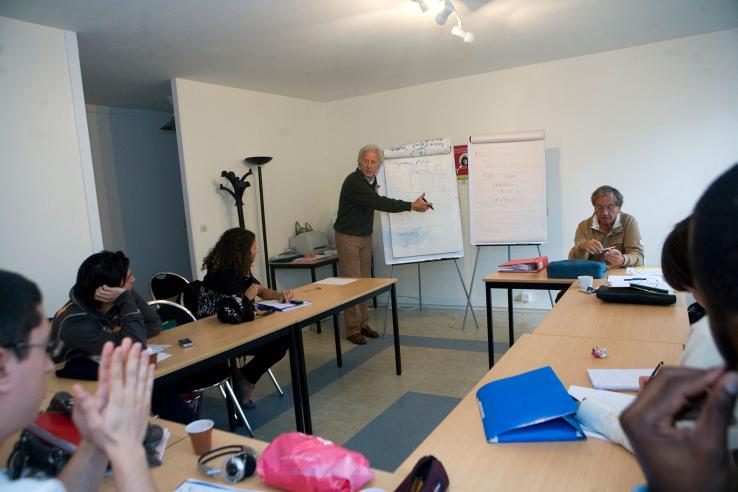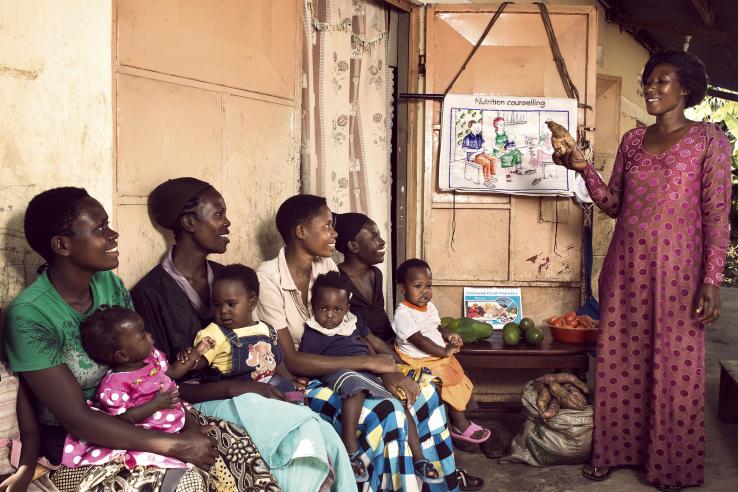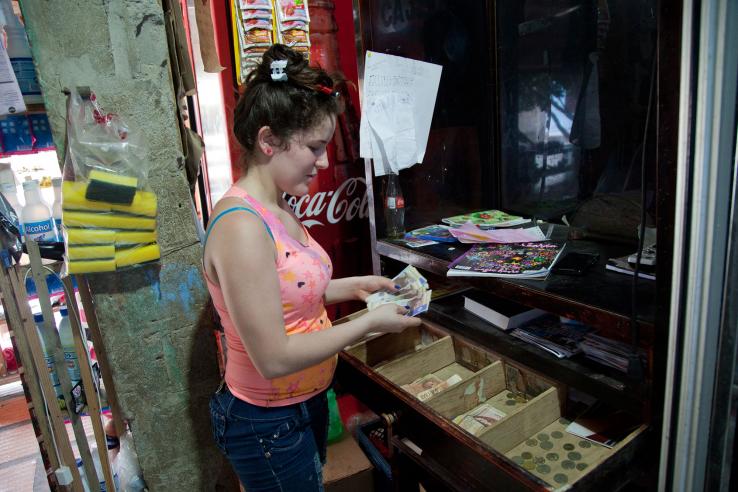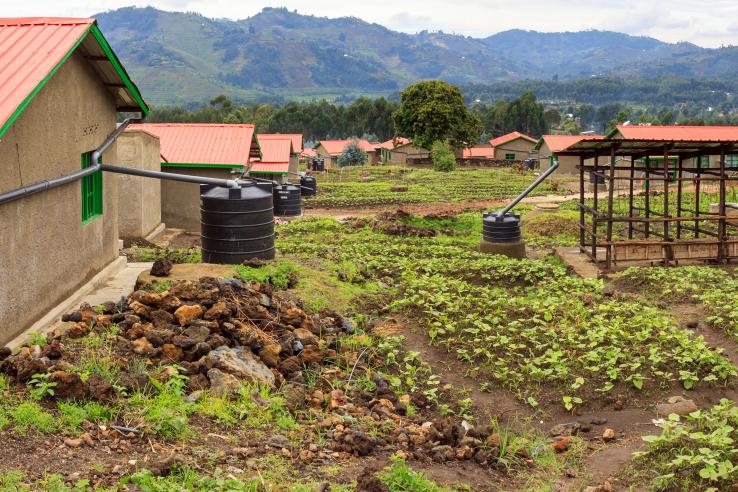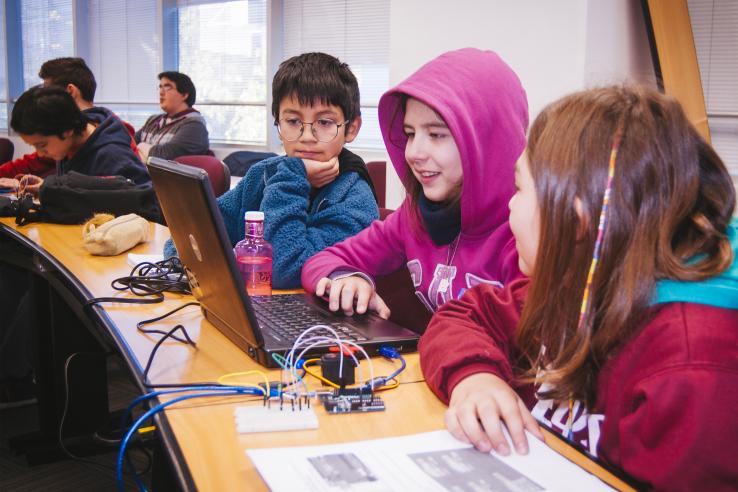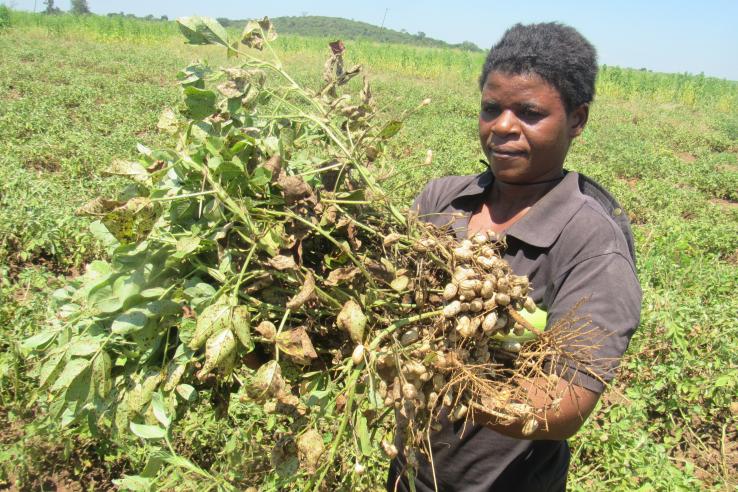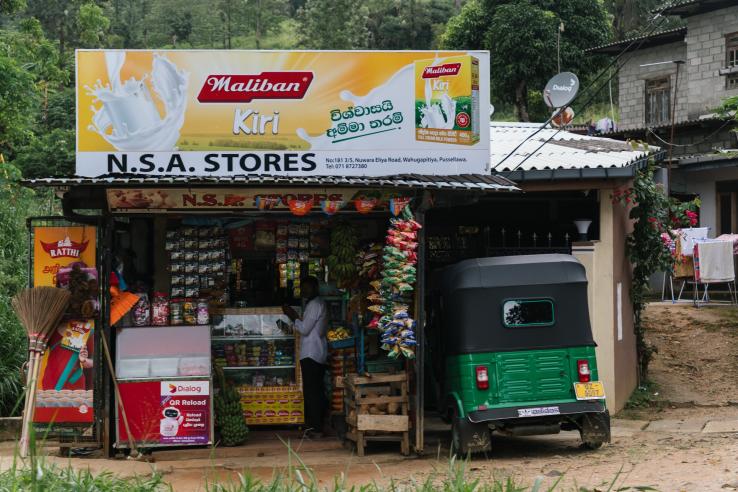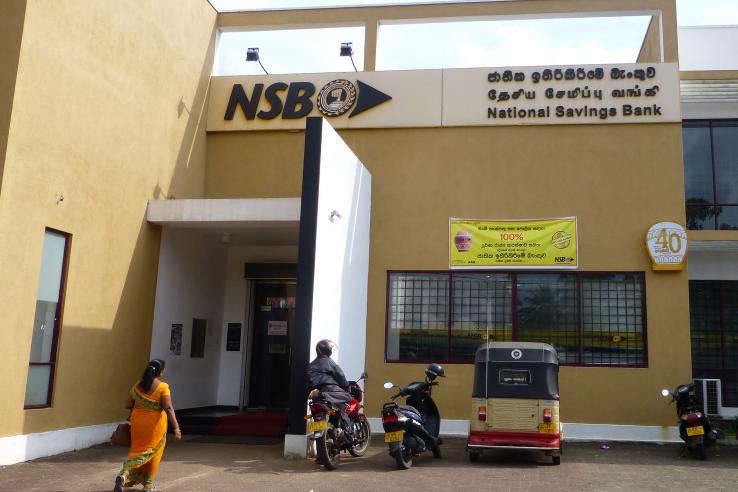Displaying 211 - 225 of 1291
Evaluation
In Lusaka, Zambia, researchers compared the effect of financial and non-financial reward schemes on sales of female condoms. They found that non-financial incentives were more effective than financial rewards at motivating hair stylists to sell female condoms to their customers.
Evaluation
Researchers in Kenya collaborated with the NGO International Child Support to measure the returns to different types of fertilizer among local farmers. While results show that all interventions led to increases in yield, rate-of-return calculations indicate that not all were profitable for the average farmer.
Evaluation
In Vadodora, India, researchers studied the impact of supplementing classroom instruction with computer-assisted learning (CAL) in primary schools. CAL significantly improved student’s math scores, but was less cost-effective than the remedial tutor-based program, Balsakhi.
Evaluation
Researchers evaluated the effects of a program designed to improve parental knowledge about students’ opportunities at the end of middle school on schooling decisions and dropout behavior. The program helped parents and their children make more realistic educational choices, reducing grade repetition and high-school dropouts.
Evaluation
Researchers conducted a randomized evaluation to test the impact of expected earnings on candidates’ perception of a community health worker position in Uganda, and on the resulting size and composition of the applicant pool. Fewer socially motivated participants applied when advertised wages were particularly high. Although higher wages increased the total number of applicants and workers hired, workers attracted by the potential for higher earnings also had lower performance and retention.
Evaluation
In Bangladesh, researchers evaluated the impact of different selling schemes on demand for water testing, and the impact of test results on switching to a safer well. Although group test sales and well safety placards increased substantially the likelihood that households switched to a possibly safer well, demand for testing was very low.
Evaluation
Researchers used a randomized evaluation to measure the impact of introducing credit scores on lending to small enterprises in Colombia. The adoption of credit scores increased productivity in the loan approval process and improved credit allocation.
Evaluation
Researchers conducted a randomized evaluation in Mali to study the role of giving information to different people within a network in the spread of that information. People who were social and more closely connected to those who were trained had more information. Female farmers were less likely to receive information, indicating that disseminating information through social networks may reinforce existing gender inequalities.
Evaluation
Researchers partnered with a Protestant church district in metropolitan Bavaria, Germany, to conduct a field experiment to reveal taxpayers’ motivations to comply with a local church tax. Researchers found that simplifying the tax notification, highlighting the possibility of tax enforcement, and offering rewards and recognition for timely payment affected taxpayers’ compliance behavior.
Evaluation
In Uganda, researchers studied the demand for rainwater storage devices, the effectiveness of various marketing strategies in promoting them, and their impact on indicators such as school attendance and women’s participation in the labor market.
Evaluation
Researchers evaluated the impact of Chile’s national Skills For Life (SFL) program for disruptive students on their behavior and academic outcomes. Researchers found that the SFL program did not impact eligible students’ learning outcomes.
Evaluation
In Senegal, researchers conducted a randomized evaluation to study the effect of providing management advice and a one-time cash transfer on agricultural productivity and farmers’ investment in their businesses. Receiving both the cash transfer and management advice had positive impacts on yields and livestock as well as farmers’ investment in agricultural equipment, while receiving management advice only did not impact agricultural investments.
Evaluation
To study the employment limitation of microenterprises, researchers offered microentrepreneurs capital to incentivize them to hire workers. Results showed that a wage subsidy did not lead to lasting increases in employment sales or profits.
Evaluation
Researchers conducted a randomized evaluation to test the impact of a deposit collection service on the amount of savings and the source of those savings. In a follow-up evaluation, researchers introduced design tweaks to test the impact of reducing collection costs on individuals’ savings behavior. Both versions of the intervention led to increased savings.
